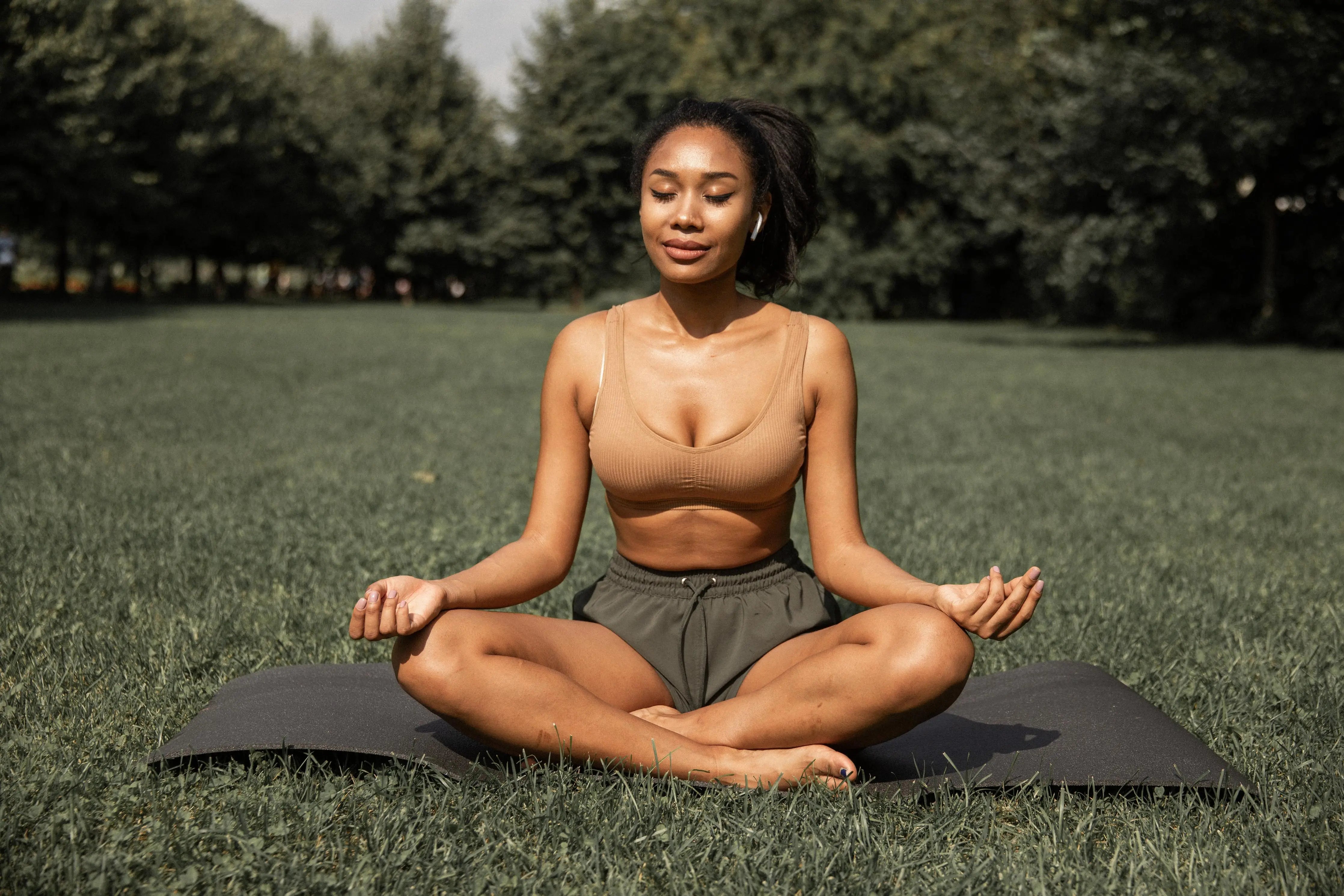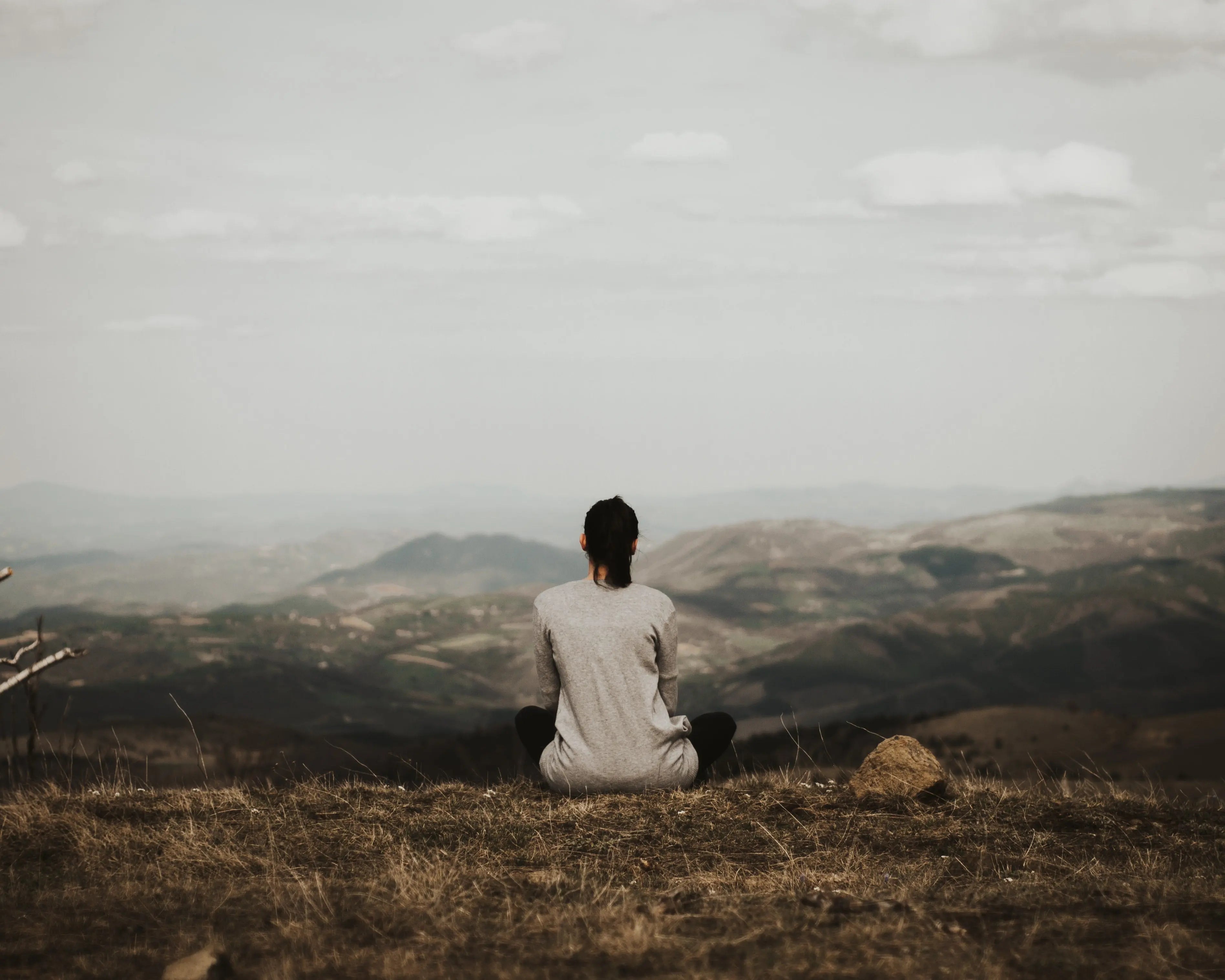
Addressing Sleep Disorders and Breathing Issues in the Elderly
The importance of sleep in the elderly population
Sleep plays a crucial role in the overall health and well-being of elderly individuals, contributing to their physical, mental, and emotional health.
The prevalence of sleep disorders and breathing issues in the elderly
As people age, they become more susceptible to sleep disorders and breathing issues, which can significantly impact their quality of life.
The role of relaxation and well-being in addressing sleep disorders and breathing issues
Embracing relaxation techniques and prioritising well-being can help elderly individuals manage sleep disorders and breathing issues, leading to more restful nights and improved overall health.
Understanding Sleep Disorders in the Elderly
Elderly individuals often face various sleep disorders, which can significantly affect their well-being. Understanding these disorders, along with the factors contributing to their development, is essential in effectively addressing them.
Common Sleep Disorders in the Elderly
Some of the most prevalent sleep disorders in the elderly population include insomnia, sleep apnoea, restless legs syndrome, and circadian rhythm disorders. Insomnia, characterised by difficulty falling or staying asleep, is a common issue among older adults. Sleep apnoea, on the other hand, is marked by interrupted breathing during sleep, which can lead to lowered oxygen levels and poor sleep quality. Restless legs syndrome causes uncomfortable sensations in the legs, urging the person to move, resulting in disrupted sleep. Lastly, circadian rhythm disorders affect the body's internal clock, leading to sleep disturbances at night and excessive sleepiness during the day.
Factors Contributing to Sleep Disorders in the Elderly
Several factors can contribute to the development of sleep disorders in older adults. Age-related changes in sleep patterns, such as lighter and more fragmented sleep, can make it more challenging to achieve a restful night. Additionally, health conditions and medications can play a role in sleep disturbances, with chronic pain, anxiety, and depression being common culprits. Lifestyle factors and sleep hygiene also significantly impact sleep quality, with poor habits like inconsistent sleep schedules, excessive caffeine consumption, and lack of physical activity potentially exacerbating sleep disorders.
Addressing Breathing Issues in the Elderly
Breathing issues are a common concern among elderly individuals, affecting their overall health and daily functioning. Identifying the common breathing issues and understanding the contributing factors can help in effectively managing these conditions.
Common Breathing Issues in the Elderly
Elderly people often experience breathing issues such as chronic obstructive pulmonary disease (COPD), asthma, and sleep apnoea. COPD, comprising chronic bronchitis and emphysema, is characterised by progressive lung damage, leading to difficulty in breathing. Asthma, another common issue, is an inflammatory condition causing narrowing of the airways and shortness of breath. Sleep apnoea, as mentioned earlier, is a sleep disorder involving interrupted breathing, resulting in poor sleep quality and potential health complications.
Factors Contributing to Breathing Issues in the Elderly
Multiple factors contribute to breathing issues in older adults, including age-related changes in lung function, such as decreased lung capacity and elasticity. Health conditions and medications can also play a role, with heart disease, obesity, and certain medications potentially exacerbating respiratory issues. Environmental factors and lifestyle choices, like exposure to pollutants, tobacco smoke, and lack of physical activity, can further worsen breathing problems in the elderly population.
The Role of Relaxation Techniques in Improving Sleep and Breathing
Relaxation techniques can be a valuable tool in managing sleep disorders and breathing issues in the elderly. By incorporating these practices, older adults can experience various benefits, such as reduced stress, improved sleep, and enhanced lung function.
Types of Relaxation Techniques
Several relaxation techniques can be helpful in improving sleep and breathing, including deep breathing exercises, progressive muscle relaxation, mindfulness meditation, and guided imagery. Deep breathing exercises involve slow, controlled inhalations and exhalations, promoting relaxation and reducing stress. Progressive muscle relaxation involves tensing and relaxing different muscle groups in a systematic manner, which can help release tension and promote sleep. Mindfulness meditation encourages individuals to focus on the present moment, fostering a sense of calm and relaxation. Guided imagery involves visualising soothing scenes or experiences, helping to shift the mind away from stress and anxiety.
The Benefits of Relaxation Techniques for Sleep and Breathing
Relaxation techniques offer various benefits for elderly individuals struggling with sleep disorders and breathing issues. These practices can help reduce stress and anxiety, which are common triggers for sleep disturbances and respiratory problems. Improved sleep quality, as a result of relaxation techniques, can contribute to better overall health and well-being. Additionally, relaxation practices can enhance lung function and oxygenation, further supporting respiratory health. In essence, incorporating relaxation techniques can lead to increased overall well-being for elderly individuals experiencing sleep and breathing issues.
The Importance of Sleep Hygiene in the Elderly
Good sleep hygiene plays a vital role in managing sleep disorders and breathing issues in the elderly. By following healthy sleep habits, older adults can improve their sleep quality, reduce disruptions, and enhance their overall well-being.
Components of Good Sleep Hygiene
Key components of good sleep hygiene include maintaining a consistent sleep schedule, creating a sleep-friendly environment, limiting exposure to screens and electronics before bedtime, and engaging in calming activities before sleep. A consistent sleep schedule ensures the body's internal clock remains regulated, while a sleep-friendly environment, with comfortable bedding and minimal noise, promotes a restful night. Limiting screen time before bed reduces exposure to blue light, which can interfere with the production of the sleep hormone melatonin. Engaging in calming activities, such as reading or taking a warm bath, can help relax the mind and body before sleep.
The Benefits of Good Sleep Hygiene for Sleep Disorders and Breathing Issues
Practising good sleep hygiene can yield several benefits for elderly individuals with sleep disorders and breathing issues. Improved sleep quality and duration can lead to better physical and mental health, while reduced awakenings and sleep disruptions contribute to a more restful and rejuvenating night's sleep. Ultimately, maintaining good sleep hygiene can enhance the overall well-being of older adults facing sleep and breathing challenges.
Seeking Professional Help for Sleep Disorders and Breathing Issues in the Elderly
While relaxation techniques and good sleep hygiene can help manage sleep disorders and breathing issues, seeking professional help is crucial for elderly individuals experiencing persistent or severe symptoms. Discussing concerns with healthcare providers and exploring medical interventions can lead to more effective treatment and improved quality of life.
The Importance of Discussing Sleep and Breathing Concerns with Healthcare Providers
Open communication with healthcare providers is essential for accurately diagnosing and treating sleep disorders and breathing issues in the elderly. By sharing symptoms, concerns, and the impact on daily life, healthcare providers can better understand the situation and recommend appropriate treatments and interventions.
The Role of Medical Interventions in Addressing Sleep Disorders and Breathing Issues
Various medical interventions can help manage sleep disorders and breathing issues in older adults. These may include medications to address underlying health conditions or symptoms, continuous positive airway pressure (CPAP) therapy for sleep apnoea, and lifestyle modifications and support, such as weight loss, smoking cessation, and stress management. By combining professional guidance with self-care practices, elderly individuals can effectively address their sleep disorders and breathing issues, leading to better health and well-being.
Embrace Better Sleep and Breathing for Enhanced Well-being
Addressing sleep disorders and breathing issues in the elderly population is of utmost importance for their overall health and quality of life. By incorporating relaxation techniques, practising good sleep hygiene, and seeking professional care when needed, elderly individuals can promote better sleep and breathing for a healthier, more fulfilling life. Explore Resty Store's range of products designed to help rediscover natural breathing and find moments of calm and relaxation.


















